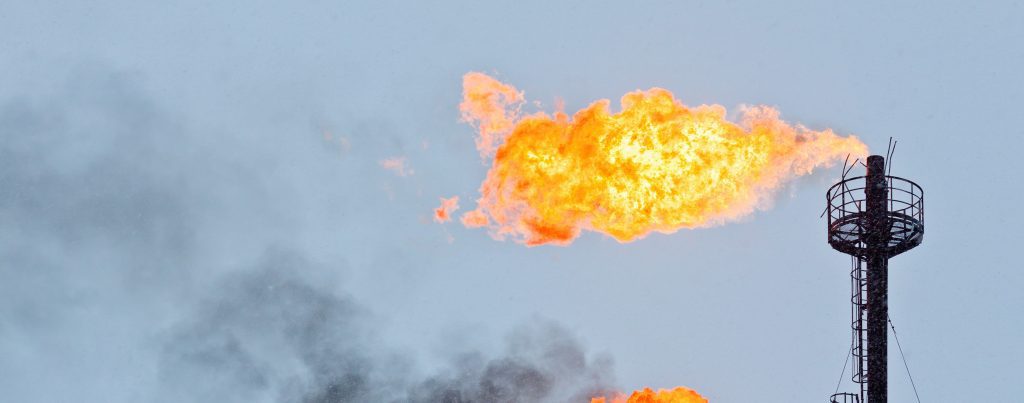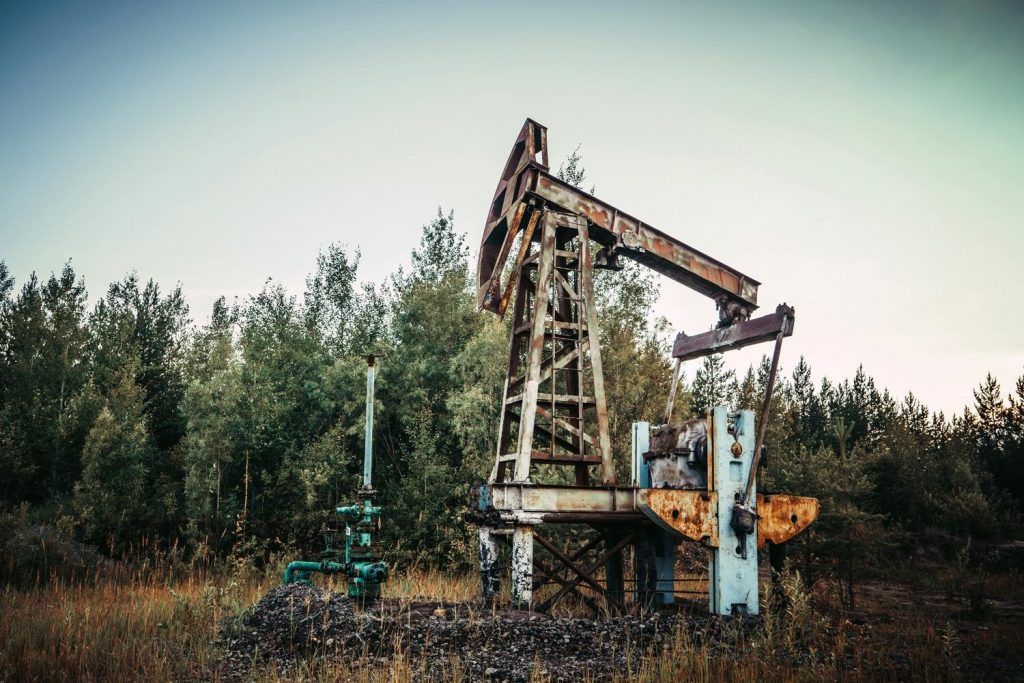It is not an easy time to be a pipeline proponent. Just a few short years ago most pipeline proposals were considered by some as no-brainers. Fast forward to today, when every major tar sands pipeline proposal on the continent is facing formidable and growing opposition. And that opposition is coming from a diverse group of voices; First Nations, city councils, scientists, landowners and ranchers, and many more citizens concerned about the environment, communities, and the climate.
Just this week, the federal government’s highly unpopular and reckless decision to approve Enbridge’s Northern Gateway pipeline met even more legal challenges. In a press conference earlier this week, Union of B.C. Indian Chief’s Grand Chief Stewart Philip announced that there are at least nine legal challenges being filed by First Nations challenging the decision as a constitutional violation of aboriginal land rights. These cases come on the heels of the historic Supreme Court decision last month, which rules in favour of the aboriginal land rights of the Tsilhqot’in First Nation.
Adding to the growing collection of legal challenges on the Northern Gateway decision, Unifor, Canada’s largest private sector union also filed a suit this week. According to the union’s research, Northern Gateway would create just 228 permanent jobs, a number that isn’t worth the risks. The union president Jerry Dias has said Unifor will not stand by while the government “runs roughshod over Canadian jobs, First Nations’ rights, and environmental concerns.”
The Northern Gateway tar sands pipeline was not the only pipeline having a tough week. Kinder Morgan’s Trans Mountain pipeline proposal was also delayed by the National Energy Board after a new route was proposed that will require further study. Late last week, a Federal Court judge also determined that the Tsleil-Waututh Nation can proceed with a legal challenge, which could force the National Energy Board to restart the Kinder Morgan review process, given a failure to adequately consult First Nations. The Kinder Morgan pipeline has been formally opposed by the cities of Burnaby and Vancouver and faces growing public resistance.
And if all of these weren’t enough, a fight is brewing over a risky pipeline proposal in the heart of the tar sands. The Grand Rapids pipeline, which is being proposed between Fort McMurray and Edmonton to ease industry transportation woes, will face opposition from the Athabasca Chipewyan First Nation (ACFN). This week, the ACFN told media that the regulatory process was being fast-tracked without proper environmental assessment.
“Our people’s rights and our way of life are being threatened by out of control development in the region,” Chief Allan Adam said. “This project approval process is another example of how the government is trying to push us out.”
With the Keystone XL pipeline facing perpetual delays, and the Energy East pipeline facing worried communities and concerned residents, even before an application has been formally filed, it is safe to say that it will never be a no-brainer to build a major tar sands pipeline on this continent again.
It’s clear that the people-powered movement to stop tar sands expansion and pipelines is winning. Canadians are clearly ready to move away from last century’s dirty fuels.
The next step is building the safer, cleaner, low-carbon future that we need to power this century.
Canada is rich in opportunity to take advantage of the clean energy economy. We can move and sell clean electricity instead of dirty oil, build transportation options that work for people and the climate, and tap into our vast potential as innovation leaders in clean technology. We can have a prosperous economy and a safe climate.
Take action to demand an end to tar sands expansion here!
To find out the truth about the tar sands visit: www.tarsandsrealitycheck.ca







